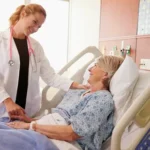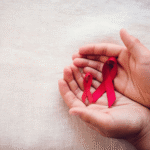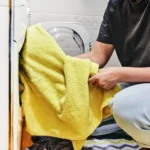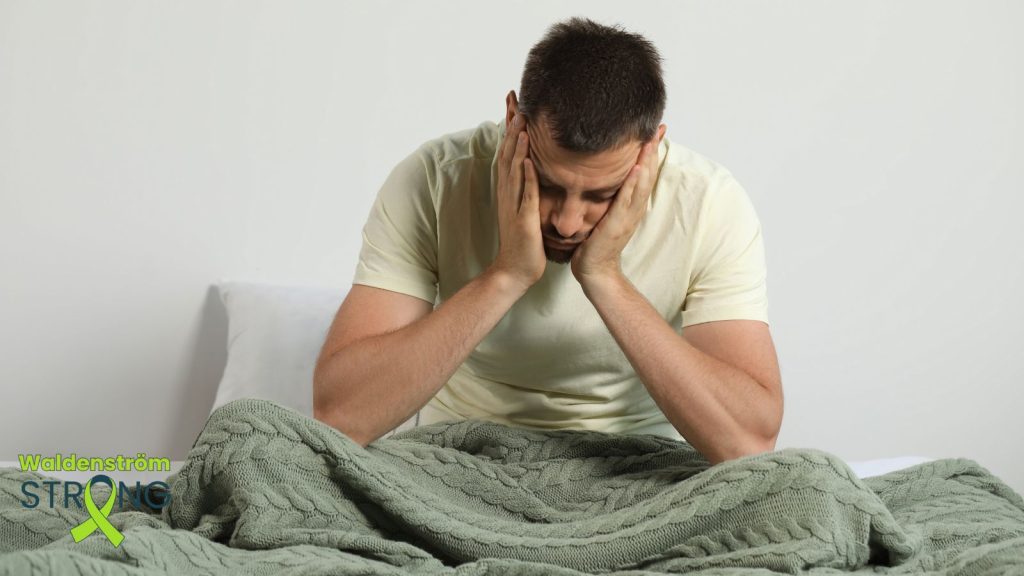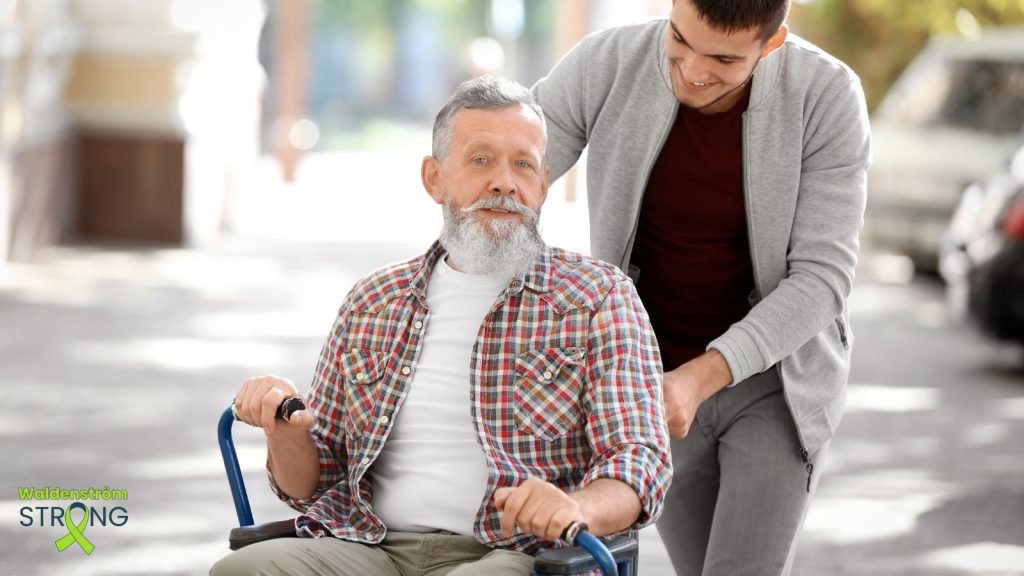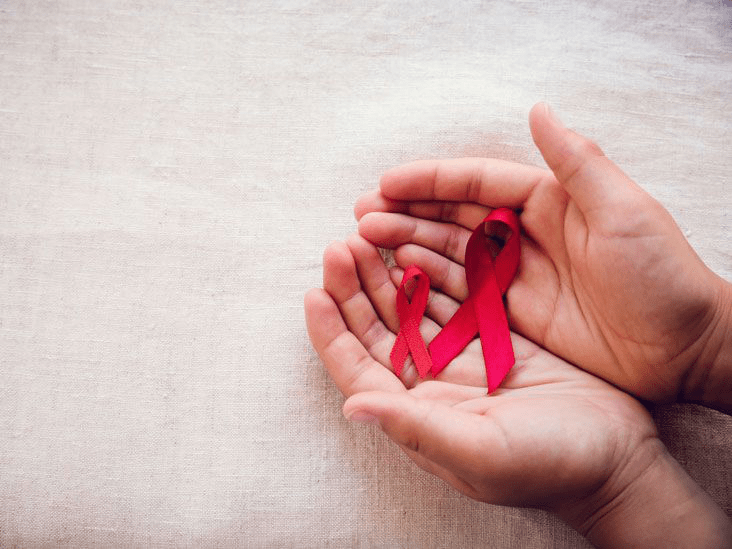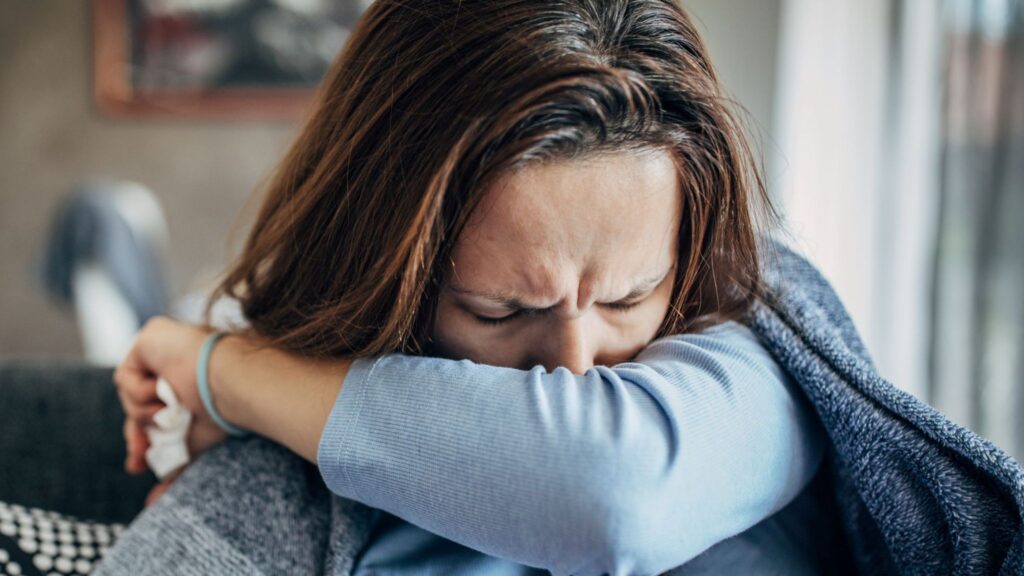Here’s why early preparation for an unexpected hospital stay can mean peace of mind.
Last month, I thought I was taking my husband to his usual outpatient chemotherapy infusion. We checked in like we always do. But within an hour in the outpatient oncology center, he was being wheeled — not to his infusion chair — but next door to the Cardiac Intensive Care Unit (CIU). There was no dramatic warning. No sirens. No time to run home. One moment we were in a treatment room, and the next, I was talking to a cardiologist while nurses stabilized his vitals and prepped him for an overnight stay. I had no change of clothes. No medications. Not even a phone charger. I felt helpless — flat-footed. I’ve decided I won’t be unprepared again. And I want to help you avoid that feeling, too. The solution? A hospital go-bag kept ready in your vehicle.
In-patient Hospitalizations Can Happen During Chemotherapy
Unplanned hospitalizations during cancer treatment are more common than many of us realize — and not necessarily because of the cancer itself.
According to the American Cancer Society, some of the top reasons for emergency admissions during chemo include:
- Dehydration or electrolyte imbalance
- Infection or neutropenic fever
- Blood clots
- Uncontrolled nausea or vomiting
- Heart complications, especially with certain chemo regimens (like anthracyclines or monoclonal antibodies)
Even routine visits can escalate quickly. That’s not meant to scare you — it’s meant to equip you.
“Between 15–25% of patients receiving outpatient chemotherapy will experience an unplanned hospitalization during treatment.”
— Journal of Oncology Practice, 2016
In our case, it was a cardiac issue required a heart cath, and DH was discharged after 3 days of inpatient care. The integrated cardiac and oncology team acted fast. But I spent the first night sitting in a hospital room chair with no way to freshen up, no snacks, and no sense of control.
What I Learned the Hard Way
Hospitals move fast when it matters. You won’t always get to go home first. Having a basic bag packed is not paranoia — it’s peace of mind. As caregivers, we tend to focus only on our loved one’s comfort — and forget that we’re going to be in the thick of it, too.
Even if your loved one’s condition stabilizes, you may find yourself waiting hours in a cold hallway, navigating insurance questions, or spending the night nearby in a foldout recliner — without the things you need to be mentally present.
What We’re Packing Now — Our Chemotherapy Go-Bag
We’ve packed a small, discreet bag and tucked it under the back seat of my truck. It’s not a suitcase. Nor is it filled for the apocalypse. It’s a realistic kit for 24–48 hours of unexpected hospital time.
Here’s what’s in ours — built with help from the American Cancer Society, MD Anderson, and a few lessons from real life:
For My Husband (the person in cancer treatment):
- A clean, soft t-shirt and sweatpants
- Spare underwear and socks
- A small toiletries kit (toothbrush, toothpaste, deodorant, lotion)
- His current medication list is in writing
- Lip balm and hand wipes (hospital air is dry!)
- Phone charger
- A copy of his advance directive and emergency contacts
- A small notebook + pen for questions or updates
For Me (the caregiver):
- A lightweight hoodie
- Headphones or earplugs for the waiting room noise
- Healthy snacks (nuts, granola bars, shelf-stable protein)
- Reusable water bottle
- Phone charger + backup power bank
- A printed copy of his insurance card and medical ID numbers
- A small book or devotional for quiet moments
- A few dollars in cash for vending or parking
- Compression socks (you might be sitting for a long time)
“Our hospital emergency bag isn’t packed out of fear. It’s packed with love — so I can show up calm, ready, and present when things move fast.” – Dee, founder, Waldenstrom Strong
Expert-Recommended Hospital Essentials
Cancer centers like Dana-Farber and Mayo Clinic also suggest including:
- Emergency medication instructions (in case hospital formulary differs)
- A list of recent side effects or symptoms to report
- A favorite blanket or eye mask if your loved one is sensitive to light or cold
- A USB drive with scans, reports, or logins for MyChart (optional, but helpful for travel)
Sanitize and Simplify
Because many chemo clients are immunocompromised, all items in our go-bag are:
- Easy to disinfect
- Machine-washable
- Individually bagged (zip-top bags or packing cubes)
- Labeled clearly — so someone else could grab it and understand its purpose
- We check it every few weeks to keep snacks fresh and update paperwork.
Why the Go-Bag Brings Me Peace
This go-bag is one small act of control in a world of medical uncertainty. It doesn’t prevent emergencies — but it transforms how we walk into them.
Instead of scrambling for a charger or wondering if he has clean socks, I can focus on being his person — his advocate, listener, encourager.
“Caregivers often neglect their own needs in a crisis. Preparation gives them the freedom to show up with grace and clarity.”
— American Cancer Society
Bonus: Want a Free Printable Checklist?
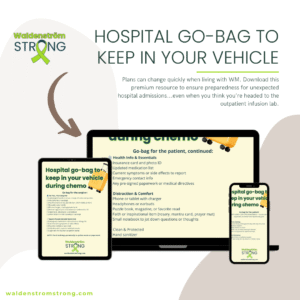
If you’d like to pack your own hospital go-bag, I created a free printable checklist based on this post. You can adapt it to your loved one’s condition or treatment type.
Click here to download your Hospital Go-Bag Checklist.
Preparedness Is an Act of Love, not Fear
I didn’t pack our hospital bag out of fear. I packed it out of experience. Because I now know how fast a normal day can turn. I know how strange it feels to be caught off guard, watching medical teams wheel your spouse away. I also know that showing up prepared — even a little — makes a big emotional difference.
We can’t plan for everything. But we can soften the chaos with calm readiness.
You deserve that peace. So does your loved one. A few minutes of preparedness today could save you a huge headache down the road.




